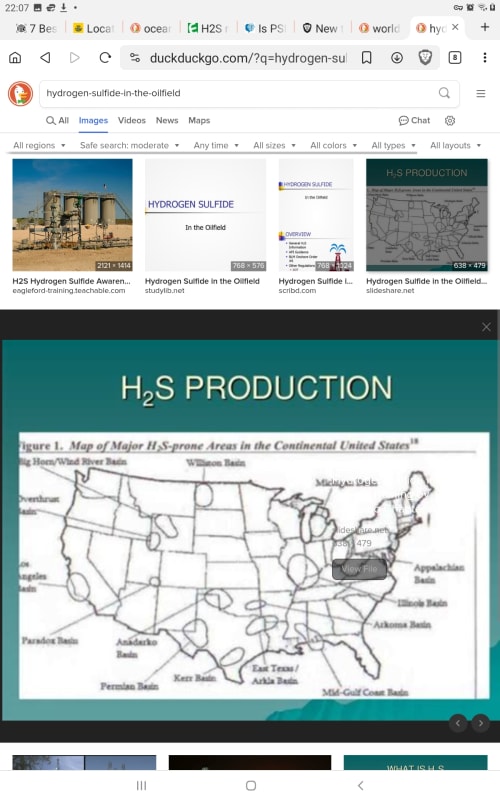Still developing, so no details on the cause, but local areas are still ordered to shelter in place.
PEMEX Refinery H2S leak
H2S is pretty nasty and most of us local have had to go through safety awareness training specifically for it. Many facilities require folks to wear H2S monitors where releases are possible.
Edward L. Klein
Pipe Stress Engineer
Houston, Texas
"All the world is a Spring"
All opinions expressed here are my own and not my company's.
PEMEX Refinery H2S leak
H2S is pretty nasty and most of us local have had to go through safety awareness training specifically for it. Many facilities require folks to wear H2S monitors where releases are possible.
Edward L. Klein
Pipe Stress Engineer
Houston, Texas
"All the world is a Spring"
All opinions expressed here are my own and not my company's.

![[chicken] [chicken] [chicken]](/data/assets/smilies/chicken.gif)
